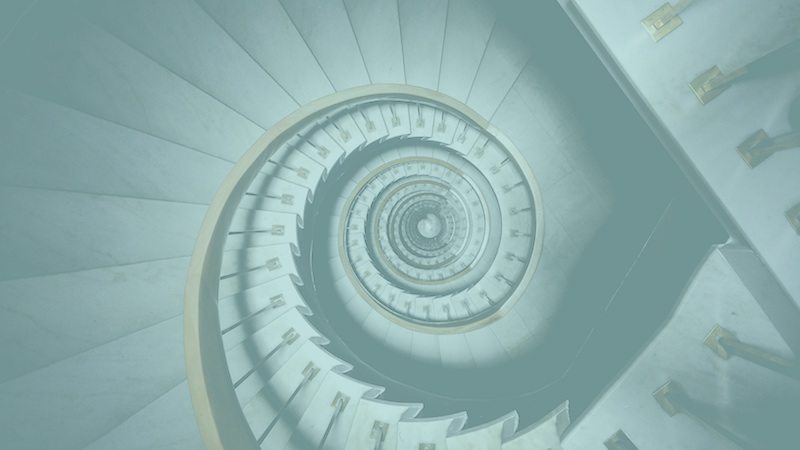Neville Goddard, Explorer of the Infinite
Episode #10 of the course A serious person’s guide to positive thinking by Mitch Horowitz
In our previous lesson, I mentioned the theories of quantum physicist Hugh Everett. Everett theorized the existence of “multiple worlds” and outcomes based on the vantage point of the observer. His way of thought finds its closest metaphysical analog in the work of Neville Goddard (1905-1972), a mystical writer and lecturer who reasoned that our thoughts create an infinitude of realities and outcomes.
Neville (who went by his first name) taught that everything we see and experience is the product of what happens in our own individual dream of reality. Through a combination of emotional conviction and mental images, Neville said, each person imagines his own world into being; all people and events are rooted in us, as we are ultimately rooted in God. When a person awakens to his true self, Neville argued, he will, in fact, discover himself to be a slumbering branch of the Creator clothed in human form and at the helm of infinite possibilities.
Neville’s formula was simplicity itself: First, clarify you desire. Second, assume a state of physical immobility—a deeply relaxed state similar to what you experience just before drifting to sleep. Third, enact in your mind a small, satisfying drama that implies the wish fulfilled, such as someone congratulating you or your holding an award. Repeat this internal drama over and over, as long as it is vivid and emotionally charged.
“Take my challenge and put my words to the test,” Neville told listeners in 1949. “If the law does not work, its knowledge will not comfort you. And if it is not true, you must discard it…I hope you will be bold enough to test me.”
Most quantum physicists wouldn’t be caught dead/alive as Schrodinger’s cat reading an occult philosopher such as Neville. Indeed, many physicists reject the notion of interpreting the larger implications of quantum data at all. “Shut up and calculate!” is the battle cry popularized by physicist N. David Mermin. The role of physics, critics insist, is to measure things—not, in Einstein’s phrase, to lift “the veil that shrouds the Old One.” Others adopt the opposite position: If physics isn’t for explaining reality, then what is it for?
The latter principle may carry the day. A new generation of physicists and theorists, raised in the ‘60s and ‘70s (and open to questions of consciousness) is gaining prominence. Medical researcher Robert Lanza, M.D., of the Institute for Regenerative Medicine at Wake Forest University uses quantum theory to argue that death itself is ultimately a mental phenomenon—we “die” only insofar as the mind perceives demise. Psychiatrist Jeffrey M. Schwartz of UCLA links quantum physics with his research into how thoughts alter brain biology, concluding that “directed, willed mental activity … generates a physical force.”
Quantum physics brings us to a threshold of inquiry that may redefine what it means to be human in the 21st century as much as evolution did in the Victorian age.
* * *
I began this course by saying that its aim was not to help you better organize your sock drawer, but to open a whole new window on your existence. I hope the experiment we’ve begun together leads to experiences that give you a radical new idea of the forces behind creativity.
We create not only by using physical acts and sensory data, but we participate in the world in a nonphysical manner. We influence aspects of our surrounding life and material existence through the agencies of awareness and thought. And that’s no fantasy.
Thank you for joining me to explore the positive powers of the mind. If you want to delve more deeply into positive-mind metaphysics, please check out my book One Simple Idea, which goes further into the history, personalities, and ideas behind the positive-thinking movement. Also, check out my articles at Medium. You can email me with questions at 30DayMentalChallenge@gmail.com.
I wish you every good thing.
Share with friends

